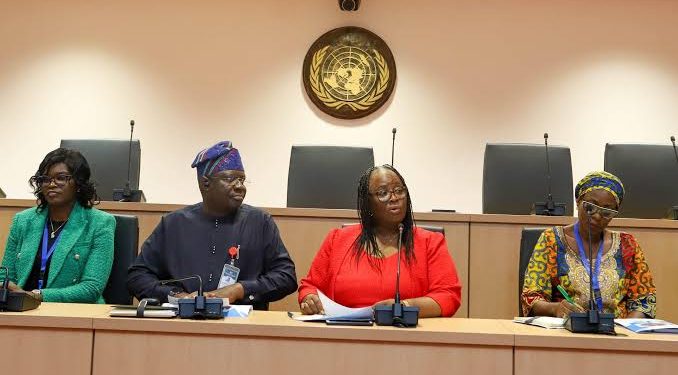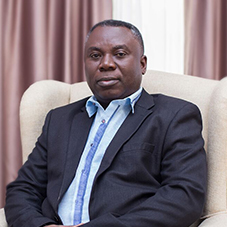Women’s access to land, finance, and modern tools must be prioritised if Nigeria is to unlock the full potential of its cassava value chain, UN Women and the Islamic Organisation for Food Security (IOFS) have stressed. The call was made in Abuja during the National Stakeholder Debriefing and Consultation Meeting on the Cassava Value Chain, where progress and challenges within the sector were reviewed.
The UN Women Country Representative to Nigeria and ECOWAS said women remain central to cassava cultivation and processing, yet continue to operate on the margins with limited access to critical infrastructure. She noted that despite being the backbone of cassava processing, women are largely confined to low-income, labour-intensive roles with minimal returns.
She pointed out that women often process cassava manually under unsafe conditions and without access to improved seedlings, modern processing equipment, credit facilities or secure markets, which limits productivity and excludes them from higher-value segments of the cassava economy. Turning cassava’s potential into opportunity, she said, requires shifting women from heavy manual labour into profitable entrepreneurship through targeted investment.
According to her, equipping women with climate-smart technologies, microfinance access, cooperative support and market linkages can transform their roles from subsistence operators to enterprise leaders. She added that investment in mechanised processing centres, renewable energy solutions, and time-saving infrastructure would enable women to earn more, improve productivity and drive inclusive growth.
She reaffirmed UN Women’s commitment to ensuring women are recognised not just as beneficiaries but as leaders in food security and climate resilience. Reducing the burden of unpaid care work, she added, is essential to unlocking women’s full economic participation in agriculture.
Nigeria’s Ministry of Agriculture and Food Security highlighted the importance of women’s inclusion in key decision-making roles within the cassava value chain, stressing that agricultural development cannot advance without women’s full participation.
The IOFS lead consultant called for stronger strategies to promote food security, gender inclusion and sustainable agricultural development. He outlined commitments to support gender-responsive cassava policies, foster partnerships for access to technology and finance, invest in shared processing facilities and promote regional cooperation through the Organisation of Islamic Cooperation to replicate successful models.
Stakeholders from the Women Affairs Ministry, NEXIM Bank, GIZ and the FCT Women Affairs Secretariat agreed that broadening women’s access to land, technology and infrastructure within the cassava value chain is critical to improving livelihoods and advancing national economic development.










